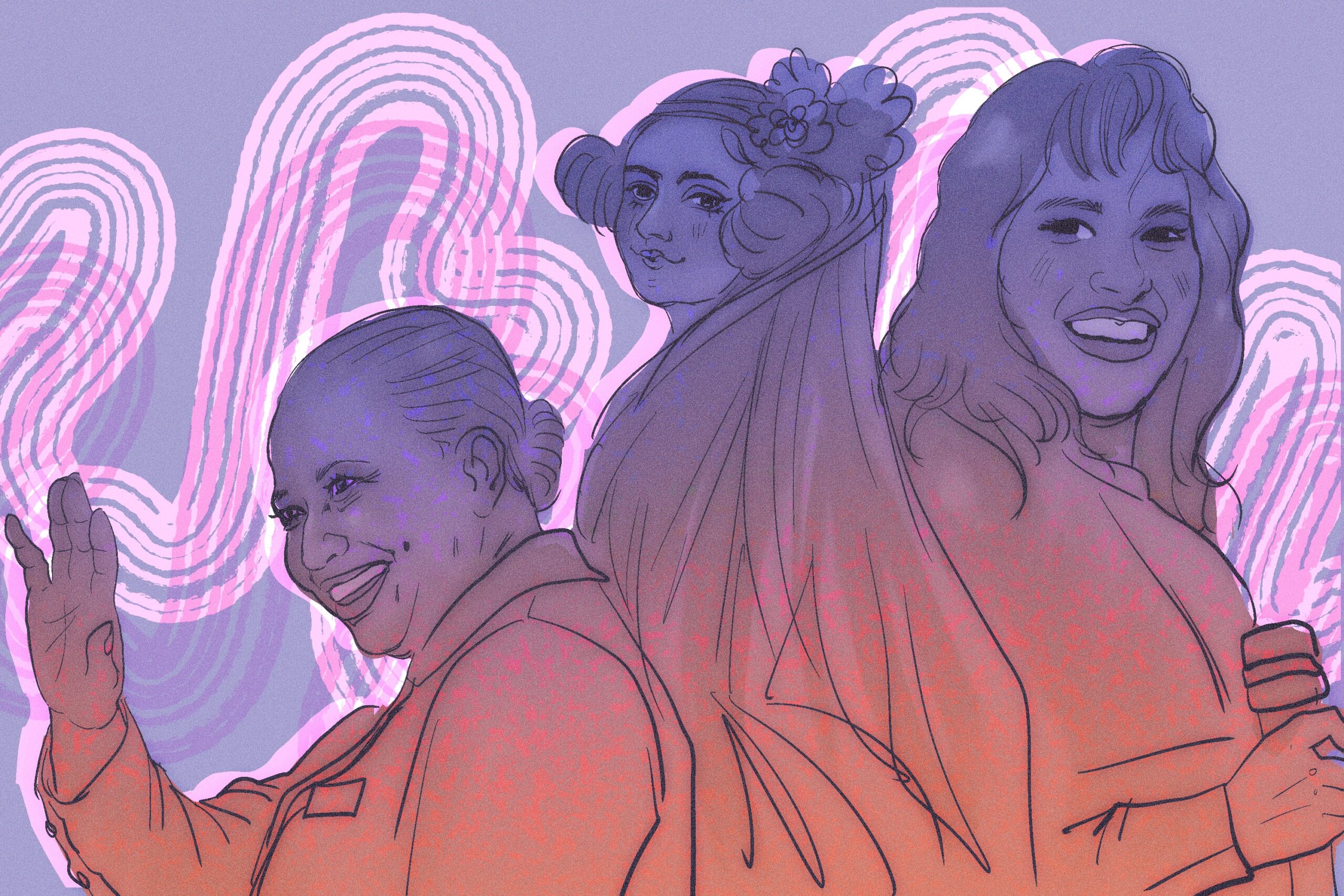In the expansive world of cinema, biopics serve as a powerful medium to immortalize the lives of extraordinary individuals. While the film industry has seen a rise in this genre, recent examples being Napoleon and Oppenheimer, female biopics remain in the dark.
Biopics have long been dominated by male stories. There is a huge gender gap, with around 77% of existent biopics focusing on men. The focus on male-centered stories has perpetuated an uneven perspective of history, overshadowing the countless remarkable women who have shaped our world. While there has been a growing recognition of the need for more diverse storytelling, women’s biopics, when produced, often face distinctive challenges. Despite many notable exceptions—like “Hidden Figures” and “The Iron Lady“— many of these films emphasize women’s suffering or are framed through a very narrow and misogynistic lens.
A critical analysis of the broader landscape reveals a need for more diverse and authentic narratives that spotlight the multifaceted lives of women through biopics that ensure their lives are depicted with the depth and complexity that they deserve. These four women excelled in their respective fields, and their lives could inspire some very interesting biopics.
ELEANOR ROOSEVELT
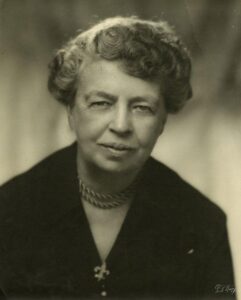
Eleanor Roosevelt’s life is one of resilience, activism, and unwavering support, making her an ideal subject for a biopic. As the longest-serving First Lady, her impact on American society and global human rights was profound. Eleanor’s crucial role in shaping the New Deal policies during Franklin D. Roosevelt’s presidency is a testament to her influence and commitment to social justice. Her unwavering support in FDR’s rehabilitation from his battle with polio manifested in a public presence that kept his political career afloat.
A biopic on Eleanor Roosevelt would be incomplete without addressing the rumors surrounding her personal life, including suspicions of a lesbian affair. These aspects of her story would uncover the complexity of a woman who navigated societal expectations with grace. Eleanor Roosevelt’s life, marked by triumphs and personal struggles, merits exploration on the big screen, offering a portrayal of a pioneering figure who shaped history in ways that resonate profoundly even today.
PATRICIA HIGHSMITH
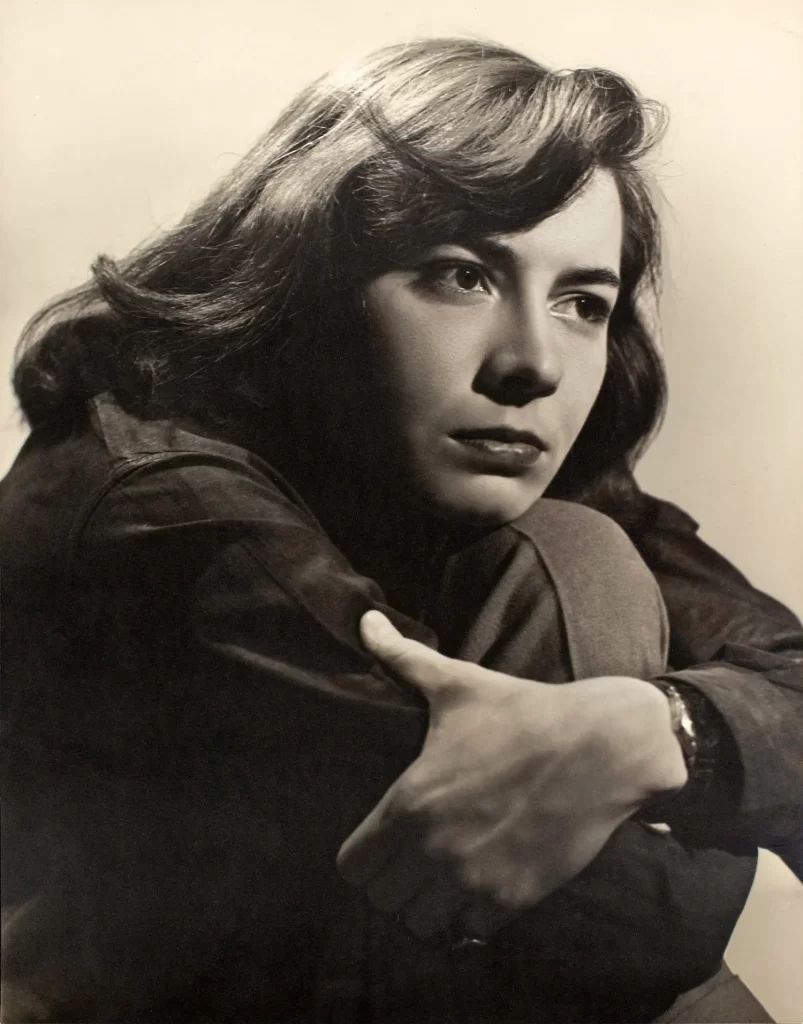
Patricia Highsmith, an enigmatic and trailblazing literary figure, undoubtedly deserves a biopic as perplexing and captivating as her novels. Renowned for her psychological thrillers and dark explorations of human nature, Highsmith’s contribution to literature is undeniable. A biopic would provide a unique opportunity to explore the complexities of her character, examining the profound influence her tumultuous personal life had on her work. From her unapologetic exploration of themes like remorse and loss of morality to her fierce independence and struggles with identity, Highsmith’s life is striking and deserving of cinematic exploration. Her impact extends beyond her iconic characters, as she broke new ground in challenging conventional standards and societal expectations, with the publishing of the first ever lesbian novel with a happy ending. A biopic on Patricia Highsmith would celebrate her literary genius and offer audiences a captivating glimpse into the mind of a rebellious woman whose work continues to captivate readers worldwide.
LORRAINE HANSBERRY
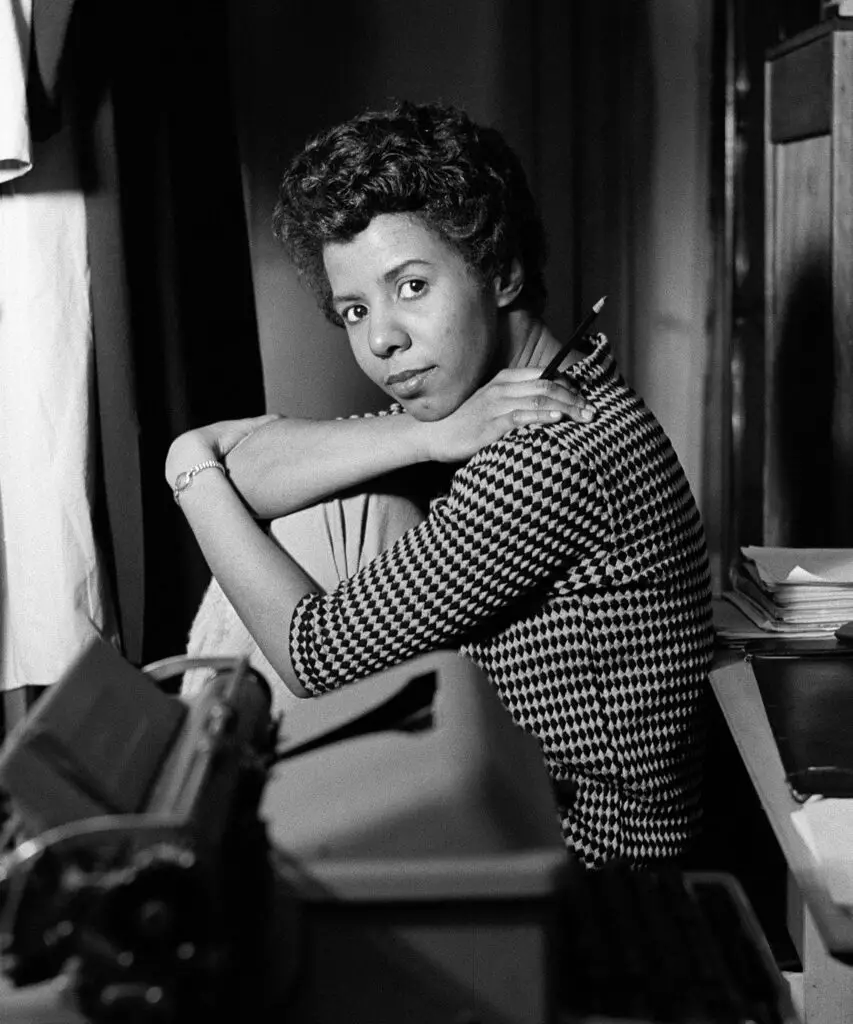
Lorraine Hansberry is a revolutionary playwright and pivotal figure whose contributions to the American theater are monumental. Hansberry is the first Black woman to produce a Broadway play with “A Raisin In The Sun” premiering in 1959. Her work courageously addressed issues of racial and social justice. Beyond her artistic achievements, Hansberry’s life was marked by her activism and commitment to civil rights, making her a cultural icon of the mid-20th century. A biopic on Hansberry would have the potential to illuminate not only the brilliance of her creative mind but also the challenges she faced as a pioneering Black woman in the arts during a tumultuous period in American history. Her story is one of resilience, intelligence, and unwavering dedication to justice making it deserving of a biopic.
PATTI SMITH
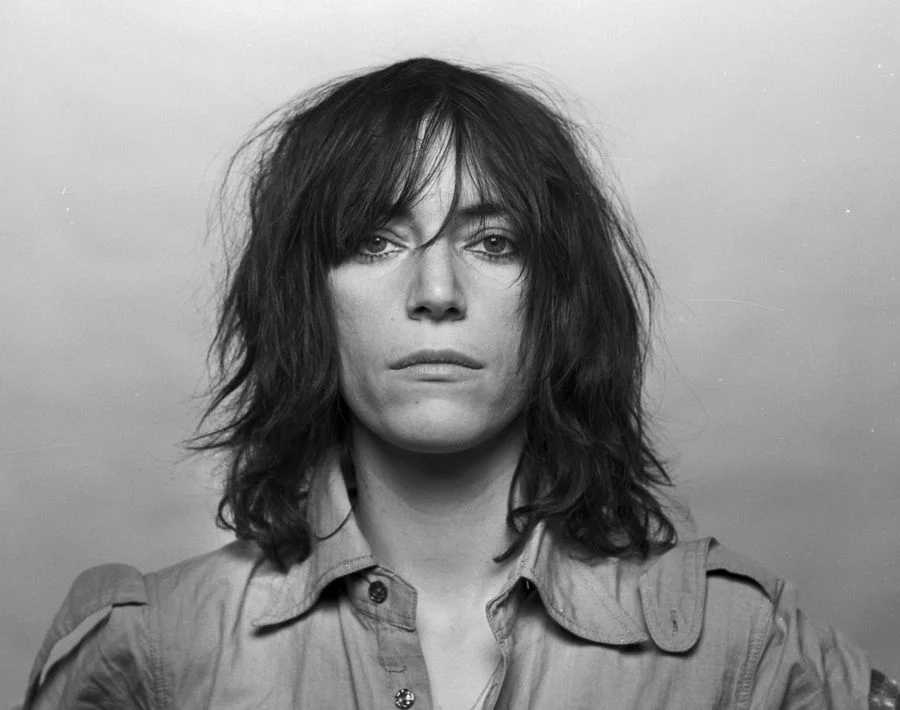
Patti Smith is known for being an iconic singer-songwriter, poet, and pioneer of the punk rock movement and the New York City music scene in the 1970s. She shattered barriers with her uncompromising style, fusing poetry with rock and roll in a way that redefined the possibilities of artistic expression. Her breakthrough album, “Horses,” serves as a testament to her ability to blend the raw energy of punk with the intellectual depth of poetry. Beyond her musical contributions, Smith’s memoir “Just Kids” provides a glimpse into her relationship with legendary photographer, Robert Mapplethorpe, and her experiences in the vibrant creative culture of the late sixties and seventies. A biopic on Smith has the potential to celebrate her musical legacy and explore the profound impact she had on the community around her. This biopic would serve as an enduring inspiration for generations of artists who followed in her unconventional and fearless footsteps. Patti Smith, the iconic singer-songwriter, poet, and pioneer of the punk rock movement shattered
VIOLETA CHAMORRO
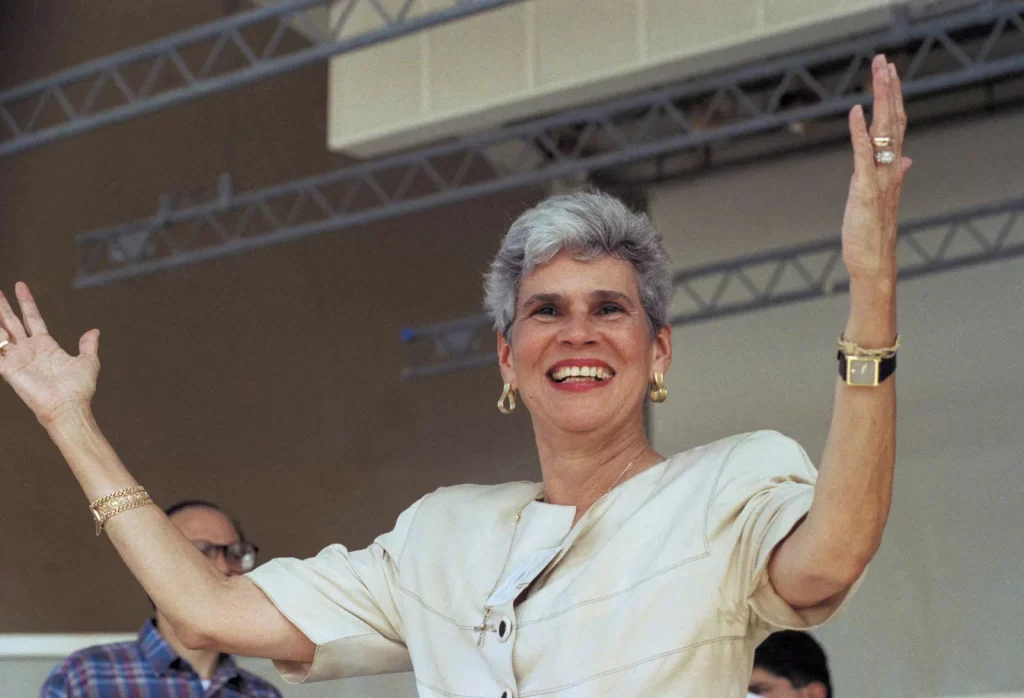
Violeta Chamorro, the former president of Nicaragua, is a symbol of resilience and change. Her life and leadership had a profound impact on the political landscape of Central America. Chamorro is the first woman to be elected as president in the Americas in 1990 and her victory is a historic turning point symbolizing the triumph of democracy at the end of a turbulent era in Nicaragua. Her journey from a courageous journalist to the leader of a nation navigating post-revolutionary challenges is a riveting story of political intrigue, personal strength, and a commitment to peacemaking. A biopic on Chamorro would shed light on her pivotal role in Nicaraguan history and show the challenges faced by women in politics. Her legacy extends far beyond her presidency, and a cinematic exploration of her life would grant audiences a deeper understanding of leadership in times of transition and change.
As audiences, we play a crucial role in demanding a more diverse and inclusive portrayal of women through biopics. By supporting films that defy conventional prejudices and explore the untold stories of exceptional women, we contribute to broadening the world of biopics. It’s time to tell the stories of women whose lives were defined by their successes, ingenuity, and resilience. These types of stories should no longer be pushed to the sidelines or portrayed in a traumatic way. Rather, they should take center stage where they rightfully belong. The call for more inclusive storytelling grows louder as we look forward to a time when biographical films portray women’s lives in all their splendor and glory.


